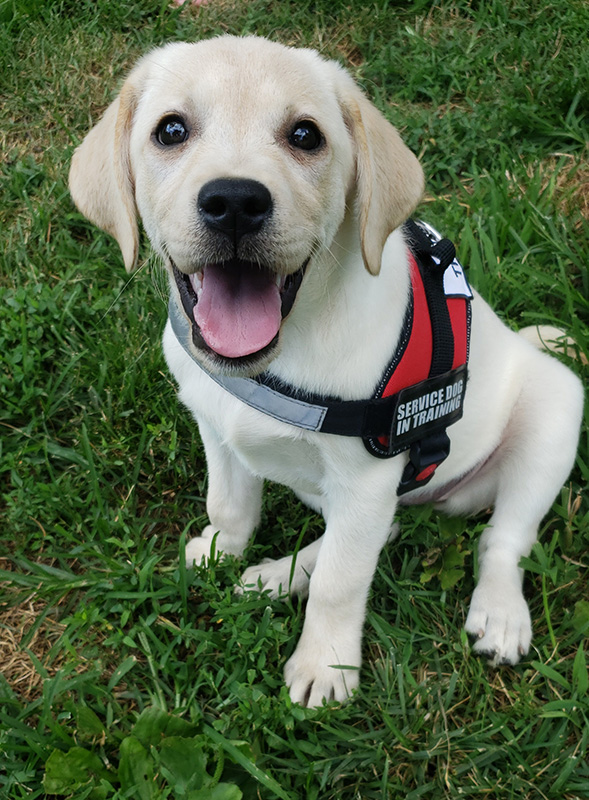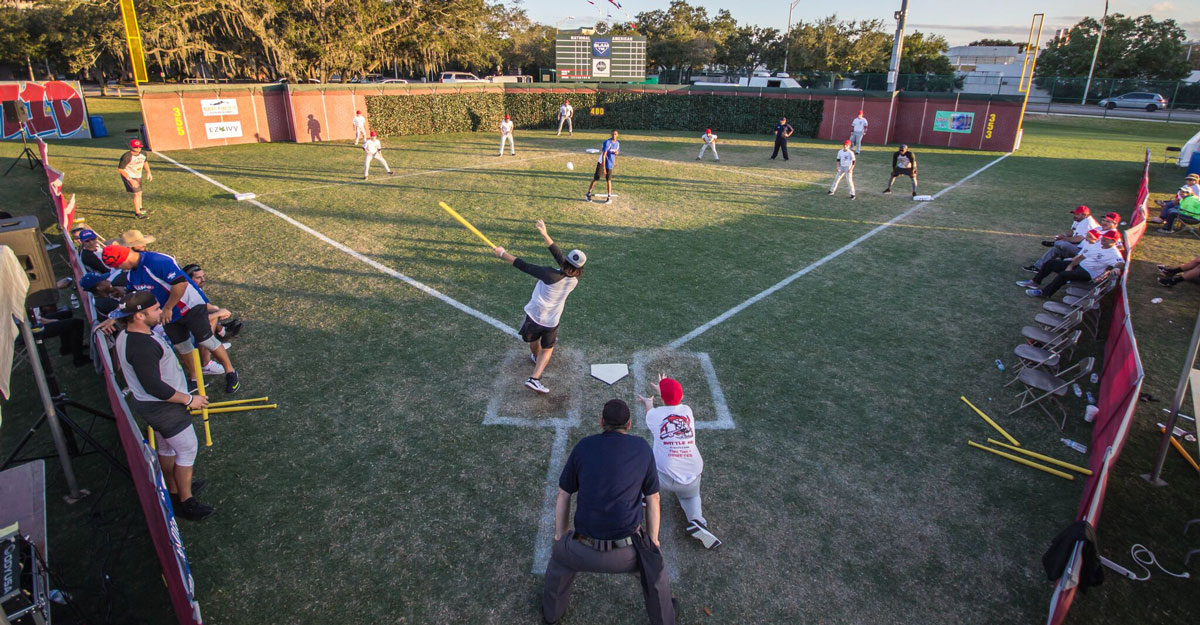
18 Jul Diabetic Alert Dog (DAD) FAQ
 What is a service dog? A service dog is defined as a dog that has been individually trained to do work or perform tasks for a person with a disability.
What is a service dog? A service dog is defined as a dog that has been individually trained to do work or perform tasks for a person with a disability.
What is a diabetic alert dog or diabetes alert dog? A DAD is a service dog that has been trained to smell low blood sugar for a type one diabetic and alert its handler to the low blood sugar so that they can take steps to safely raise the blood sugar. Generally, DADs are trained to alert to blood glucose of 80 and below. DADs may also perform other related tasks such as retrieving juice or snacks, retrieving a meter or alerting a parent or other family member for help.
Who can benefit from having a DAD? Anyone who has type one diabetes can possibly benefit from a DAD. Type ones who can’t use a CGM or have rapid changes in blood glucose that result in delayed CGM alerts, and those with hypoglycemic unawareness may benefit greatly from the early alerts of a DAD. Often DADs alert before CGMs, resulting in earlier ability to treat lows.
How much does a DAD cost? DADs average about $20,000. Factors that go into that price are the length of the training period (about 2 years,) the cost of the puppy (the best candidates for service dogs are well bred puppies from an established breeding program for service dogs which often cost several thousand dollars,) the dog’s food, vet expenses and general care for the training period.
Could my pet dog be trained to be a DAD? Maybe, but probably not. The best service dog candidates are selected through a careful screening process when puppies are 7-9 weeks old and training begins right then. Most puppies/dogs don’t meet the very difficult criteria for a service dog. A professional service dog trainer can evaluate your dog for temperament and aptitude if you think your dog may be a candidate.
What should I do if I see a DAD? If you see a DAD working, its best to ignore the dog. Working service dogs should not be distracted from their job of monitoring their handler and petting or talking to a service dog could make them miss an emergency for their handler.
Read a trainer’s personal and professional journey with DADs


